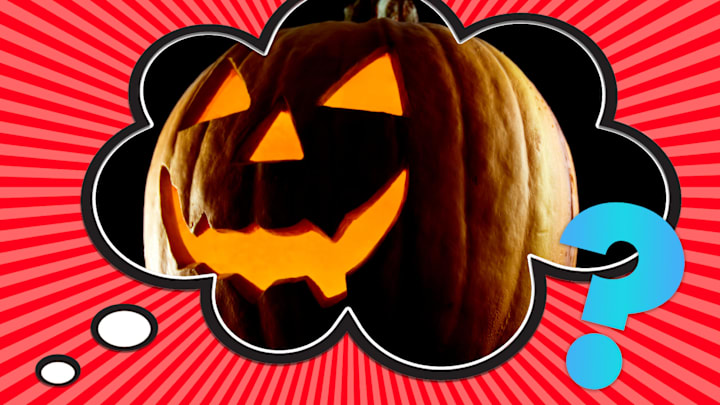At no point in time is a pumpkin more valued than in October, when Halloween celebrations practically demand that people buy, scoop, carve, and display the gourds in an appropriately creepy fashion. Pumpkins are to Halloween what bunnies are to Easter, what overspending is to Christmas, and what liver damage is to New Year’s Eve.
But come November 1, demand for pumpkins plummets. Those displays at grocery stores or area farms turn economically and literally rotten. (Past-prime pumpkins smell pretty bad.) So what happens to this squash when the spooky season is over?
Where Unsold Pumpkins Wind Up
A number of fates await. Sometimes pumpkin farms use the unsold inventory as compost to increase nutrients in the soil and act as fertilizer, which is one of the most environmentally conscious ways to use them. The seeds from the pumpkin carcasses can also wind up essentially planting themselves, sprouting fresh inventory the following season.
If not compost, farms with livestock can use pumpkins as feed; cows and pigs will happily gorge on pumpkins. If pumpkin dealers don’t keep animals, they may wind up donating pumpkins to local zoos, where they’re used as food or as entertainment. The Oregon Zoo, for example, lets elephants stomp on pumpkins for the amusement of the animals and visitors alike. You can watch them go absolutely wild on some pumpkins here:
You might also find farms that allow for some human-on-pumpkin thrashing. In 2022, The Country Barn in Lancaster, Pennsylvania, permitted visitors to eradicate pumpkins with sledgehammers or launch them into the air as part of Pumpkin Demolition Day.
You Might Also Like ...
- Are Halloween Pumpkins Edible?
- 4 Eco-Friendly Ways to Dispose of Halloween Pumpkins
- Cash for Candy Will Pay You for Halloween Leftovers—and Then Send Them to Troops
Add Mental Floss as a preferred news source!
How to Dispose of Your Halloween Pumpkins
While these are effective post-season solutions for sellers, there’s still a question of what consumers should do with their newly obsolete pumpkins. The problem is that carved and painted gourds aren’t OK to feed to animals. As for the pets you have at home: They can eat raw pumpkin, but it’s probably not the best idea, as it can be a choking hazard and might even prompt an intestinal blockage. You should also avoid feeding them pumpkin pie filling, which is full of additives like sugar. ( Plain canned pumpkin that’s been packed with water may be OK in moderation; it could help alleviate symptoms of constipation and diarrhea in pets. But it’s important to always consult with your vet before making a change to your pet’s diet.)

Try to avoid simply throwing away the pumpkins if you can, as they can release methane gas while idling in a landfill. Instead, try to find a friend with a compost bin if you don’t have one. You can also check with your local municipality to see if they gather pumpkins as part of yard waste pick-up for disposal as fertilizer.
This story originally ran in 2024; it has been updated for 2025.
